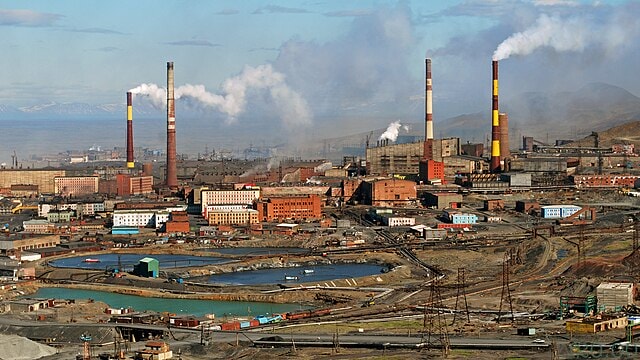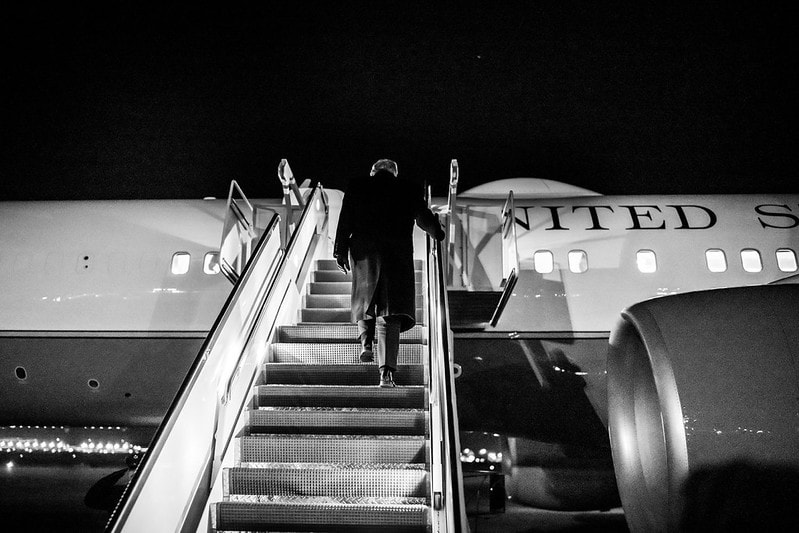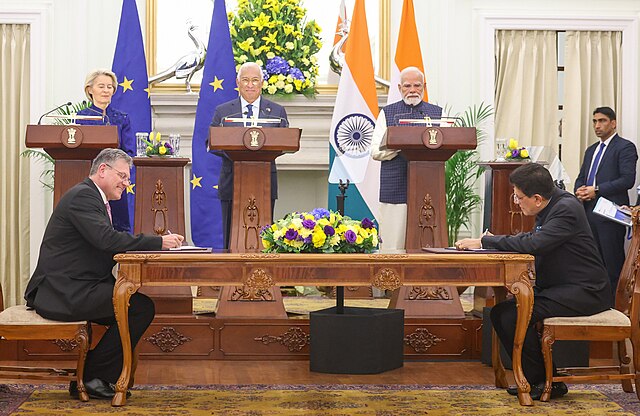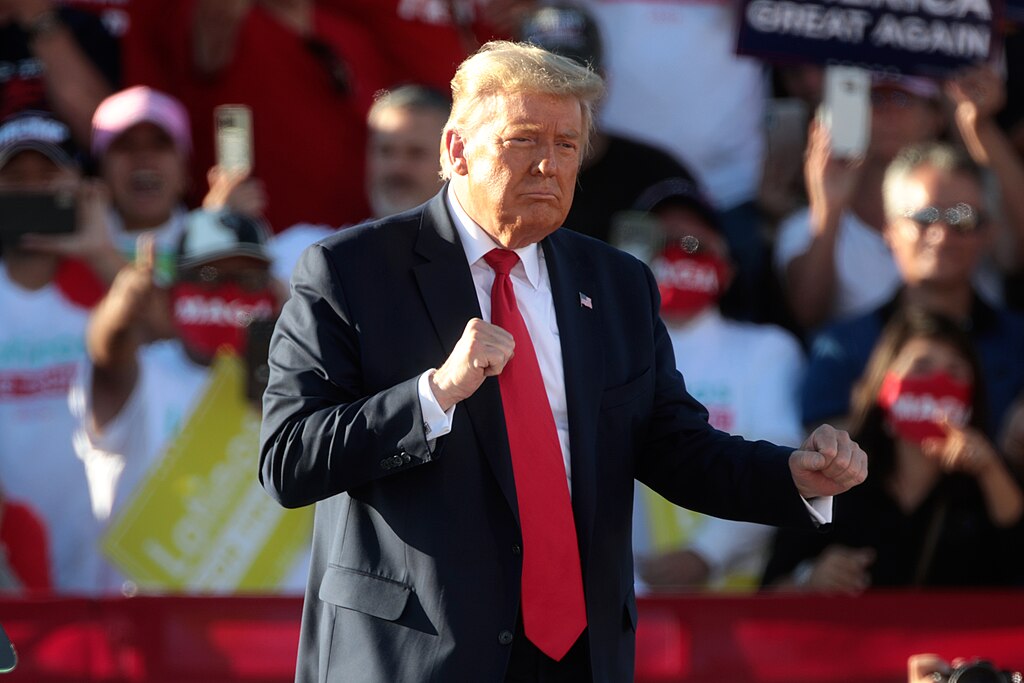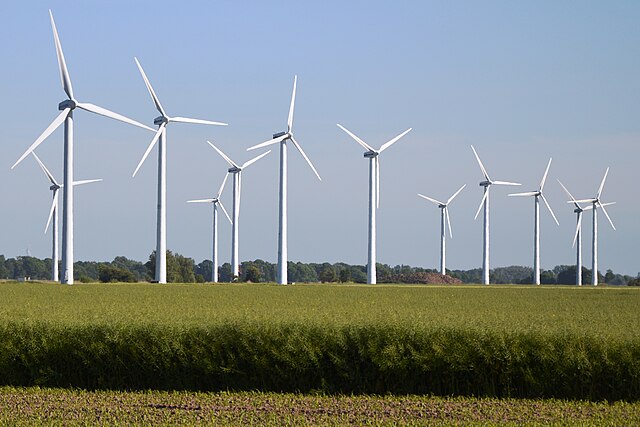Lithuania, a small Baltic country of fewer than 3 million people, is a touristic haven and an active trader on the world scene, exporting some €20 billion of goods and services, mostly to Russia but other countries too, including China. It is considered a high-income country by the World Bank, with a per capita GNI (income divided by population) of $15,000 a year. In May 2021, when Lithuania pulled out of the so-called 17+1 diplomatic format that is used by China to engage with Central and Eastern European countries, a veritable David vs. Goliath battle began between giant China and tiny Lithuania.
Tensions escalated further when Lithuania and Taiwan opened diplomatic relations. When a “Taiwanese Representative Office” was opened in Lithuania’s capital, Vilnius, China claimed that this was in breach of Lithuania’s “One China” policy.
But this move brought an unexpected bonus for Lithuania: Four days ago, Taiwan announced a $200 million investment plan that raised the prospect of co-operation on microchips production – an area where Europe has so far remained woefully behind the US and China despite repeated attempts by European business leaders in South Korea and Taiwan. Taiwan has historically restricted cooperation to strategic partners like the US and Japan in return for implicit assurances that they would come to Taiwan’s help in case of a military attack from China.
How the Lithuania-Taiwan new ties will play out
Taiwan’s investment plans in Lithuania are not yet finalized and a team of Taiwanese experts is expected to study them over the next few months but the promise is there. This unusual pair of Davids – Taiwan and Lithuania – rising up against the Chinese Goliath may signal an important breakthrough for the European digital industry. This matters, as Europe is suffering from a severe microchips shortage that has affected a range of major industries, including car production.
For example, last year, Volkswagen suffered the highest fall in a decade as a result of microchip shortages and expects the first half of 2022 to remain “highly volatile and challenging” due to supply bottlenecks for semiconductors. Group deliveries fell 4.5%, and while Porsche and Seat showed growth, some brands were hard hit, VW brands were down 8% and Skoda 13%.
Irked by the warming ties between Taiwan and Lithuania (after all, China has never stopped seeing Taiwan as an integral part of China), China unleashed by the end of last year an economic war against Lithuania, extending its embargo on Lithuanian products to all European products with input from Lithuania. As a result, companies from several EU countries that depend on Lithuanian supply chains found their exports were blocked at Chinese ports. Beijing gave no official reasons but EU companies said they were given instructions to stop sourcing from Lithuania.
This, however, may well turn out to be a strategic mistake on the part of China, because, for the first time, the parameters changed in a dispute that had been so far largely ignored in Europe, appearing as a minor problem concerning only a small member of the Eurozone. Now, all of a sudden, the EU as a whole found itself involved.
A solid EU response won’t come easy as it lacks “coercion” instruments
French President Emmanuel Macron, who holds the rotating presidency of the EU over the first half of 2022, vowed solidarity earlier this week, saying “The targeted actions against Lithuania continue to worry us.” And a senior French government official assured “We will take action very quickly,”
But showing solidarity and going on goodwill visits to Vilnius is the easy part for European leaders. The hard part comes when instruments of coercion need to be brought to the negotiating table. And as of now, the EU basically has none. “The Lithuanian case is another example of a lack of instruments to fight against coercive practices,” said Franck Riester, an official in the office of the French Minister of Commerce.
What is needed is some sort of “anti-coercion instrument”, a so-called “hammer”, a kind of warning mechanism designed to allow the EU as a whole to respond in this kind of case. A difficult case because it is seen as an “asymmetric attack” as China has not resorted to classic trade sanctions but merely targeted companies with a move that doesn’t clearly fall in the playbook of the World Trade Organization (WTO) and other fora for international trade. This makes it difficult for the EU to take action at the WTO.
France wants to speed up negotiations on this anti-coercion instrument and have something available by the end of its EU presidency. As usual, this won’t be simple as EU countries cannot agree among themselves and France will find itself stymied by the need to respect the unanimity vote.
Today, there’s an EU foreign affairs meeting and the goal reportedly will be to make clear to China that it shouldn’t “mess” with the EU. Politico journalist Hans don der Burchard was told by Germany’s State Secretary at the Economy Ministry Franziska Brantner who visited Lithuania this week to show support: “We [need] to send a signal to the Chinese government: our internal market is sacred. This is a core interest of our country.” And so it is, for Germany, China is its biggest trading partner:
But it’s a core interest of the EU as well, as Brantner noted: “Beijing’s economic warfare doesn’t only affect Lithuania, it also affects Germany and other EU countries. The single market itself is being put to the test.”
But not all EU countries feel like Germany, that their interests are aligned with Lithuania. But the US, at least, in the words of U.S. Trade Representative Katherine Tai expressed “full support” for Vilnius in a recent conversation with EU Trade Commissioner Valdis Dombrovskis.
In short, an all-out EU-China trade war is off the cards, and in the meantime, Lithuania suffers. French trade officials are in talks to help Vilnius find different suppliers: “If Lithuanians tell us they can’t find this or that good because China blocked supply chains, we put them in contact with French or EU companies which can help,” one said.
China offers an olive branch to the EU
Meanwhile, the Chinese Foreign Affairs Minister, Wang Yi, in talks with Macron’s diplomatic counselor Emmanuel Bonne, said in a video conference call yesterday, that made it onto the prime-time news in China’s official media CGTN that China supports EU integrations and “ would like to build ‘two-way streets’ for cooperation with EU based on mutual respect and openness” saying there should be “no confrontation between China and the EU.”
The bottom line, what China wants is to keep America out of the game, as much as possible. Whether Europe will play along is not clear at this stage, but one thing is certain, America will need to adopt a delicate, balanced diplomatic line on hot issues like Ukraine if it wants to keep Europe by its side. And so far, America has kept out of the negotiations the EU’s top diplomat, Josep Borrell, High Representative of the Union for Foreign Affairs and Security Policy. He hasn’t been able to attend some of the most important US-Russia meetings, including the ones that led to the current worrisome breakdown in negotiations. This doesn’t bode well for the future.
Editor’s Note: The opinions expressed here by Impakter.com columnists and contributors are their own, not those of Impakter.com. — In the Featured Photo: Almost one in three German containers is headed to China Source DW video 14 Jan 2022 (screenshot)




